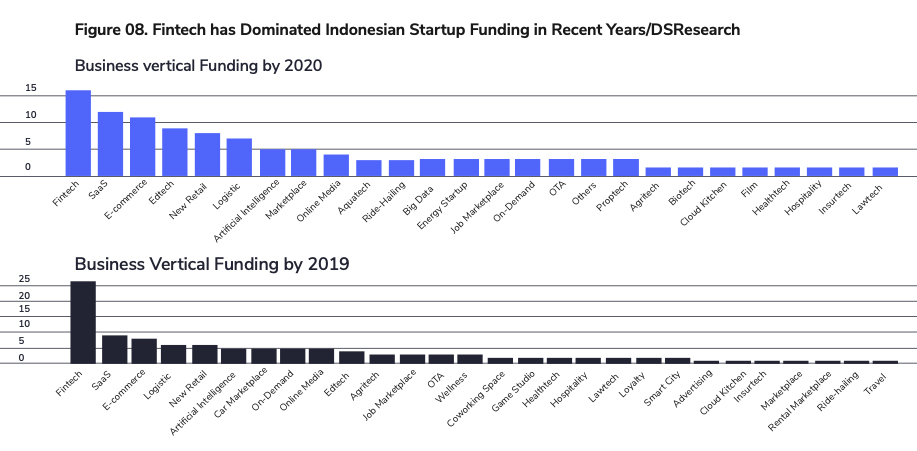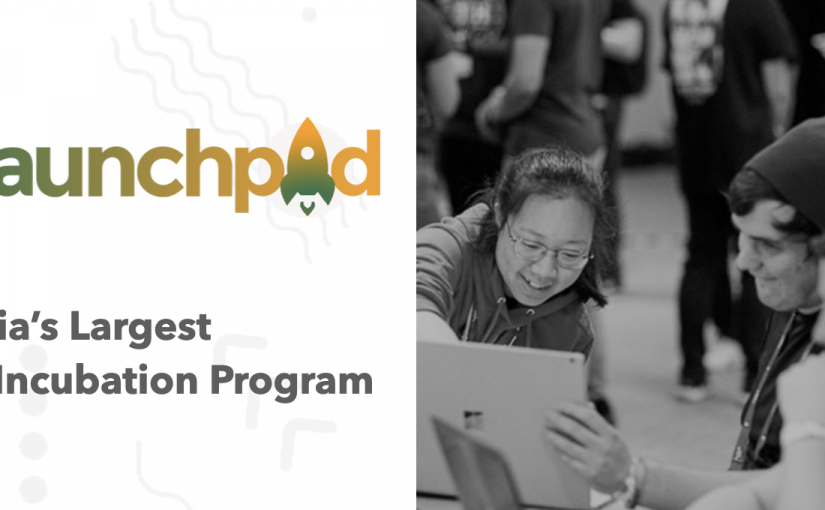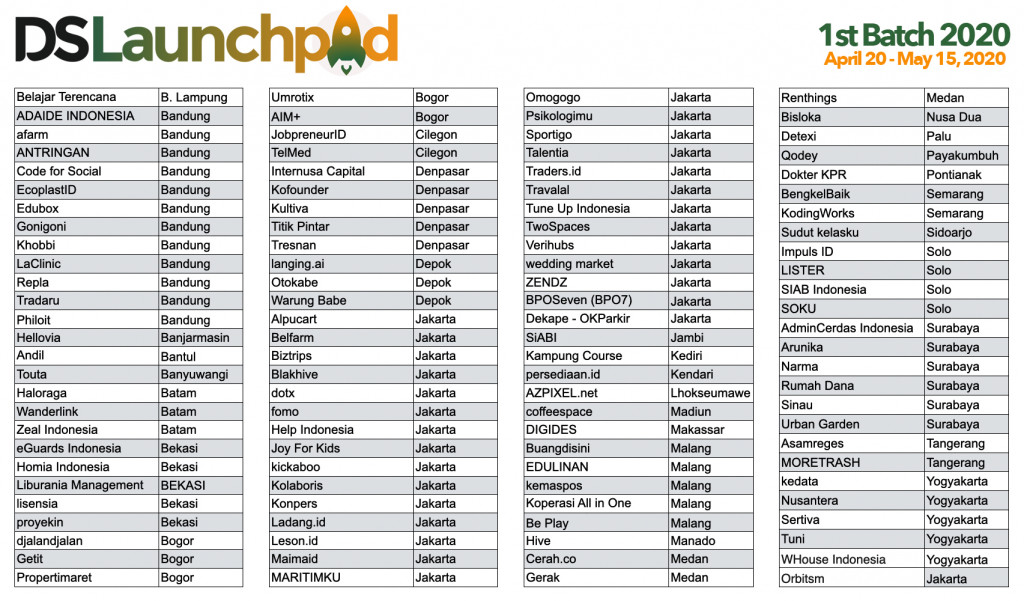
As an industry, Indonesia has gone a long way since its first wave of startup founding back 13 years ago in 2008. That year, new startups started to crawl up from the ruins of the dotcom era that never really took off in the country. For these internet entrepreneurs, raising even $50k was a major deal, a sum of money that seems like nothing these days. At least for startups, anyway.
And then in 2009, startups started to raise seed money in a modest range of $50k-100k, and a few years later some of them raised $150-250k seed money and fast forward to today startups are raising in the millions for seed rounds. The pandemic had an effect, of course, as investors held on their money in a wait-and-see mode for the first few months of the lock down. But as the economy recovers, investors are flooding money back to the startup ecosystem. And not just that, more money are invested more than ever.
If you’ve been keeping up with the news, 2021 year-to-date has been an insane year for startup funding. I remember back in 2010 where we probably have 2-3 startup funding news per month, but these days we averagely do 4-5 funding news per week and the amount of money injected is also significantly increasing. And this is not just domestic investors, foreign investors are pouring money to Indonesian startups at an astonishing rate.
But, the availability of a vast amount of dry powder is not without its impact, specifically the economic balance between the supply of money and the demand (startup founders). The growth of capital supply exceeds the growth of available startups that investors categorize as “bankable”, founders/companies they can invest to and work with.
A few investors I talked with confirms the problem, as their associates exhaust the founders list they collected year-long and arrived at the bottom of the list, most of the time, without any follow ups. Some of them even joked that they might have to put their money into cryptocurrencies to achieve the return they’re aiming for, not that I’m saying it’s a bad idea.
Some investors, a very few of them, saw the problem since miles away. They’ve seen how fast the industry is moving and started adjusting how they operate, mainly, how they find good founders and startups. Since 2016, a few investors with sizeable funds already adopted recruitment model to invest in a startup. These investors hunt good startups that are so good, they don’t really have to raise funds and convince the founders to take the investment money, sometime at any cost. And the strategy worked out pretty well for these guys. Decent list of portfolios, good rate of follow on investments, and a strong exit game.
But at the time, a lot of people in the industry, including myself, saw this strategy as unorthodox and maybe even unnecessary. But of course, looking at how the ecosystem is moving, that unorthodox strategy might be the key to throne of the most successful startup investors, and maybe even becoming mainstream.
Another angle that is also interesting to keep an eye on, is the competitiveness among VCs. One of the most common question asked by an investors to founders, is “What differentiates you from similar companies?”. But no founders (or maybe very few) asked this question to investors. Why should I take your money instead of the 5 other VCs giving me term sheets to lead the round? Well, luckily for startups, the demand side, it’s not a zero sum game. Startups can always take all the money. They shouldn’t. But they can.
But the question remains, what differentiates one VC from another? When the cost of capital is basically the same, then VCs need to offer something else on top of capital. So, will startup capital become a commodity? It seems inevitable, although no one can really tell how far is the horizon or how fast we’re running towards it.
One thing is for sure, in the next few years, the global balance between capital supply and the demand from startups will change and the rest of the ecosystem will need to adapt.











